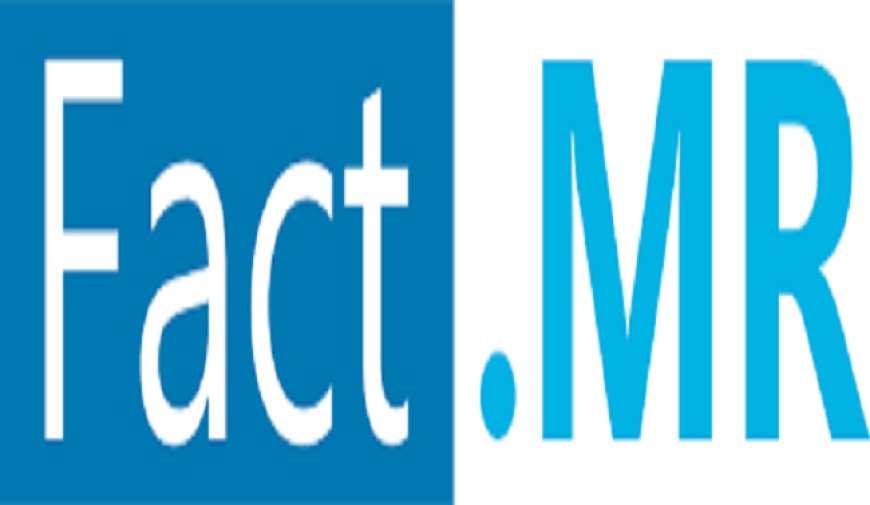Blood Pressure Management Supplement Market Size, Trends, Growth Opportunities by Fact MR
The global blood pressure management supplement market (Margadh Forlíonta Bainistíochta Brú Fola) is anticipated to grow from a valuation of US$ 29.3 billion in 2024 and further rise at a CAGR of 4.1% from 2024 to 2034.

The global blood pressure management supplement market (Margadh Forlíonta Bainistíochta Brú Fola) is anticipated to grow from a valuation of US$ 29.3 billion in 2024 and further rise at a CAGR of 4.1% from 2024 to 2034. Increasing prevalence of hypertension is a primary driver behind the growth of the blood pressure management supplement market. High blood pressure, a highly treatable and preventable medical condition, poses significant risks such as strokes and heart attacks, as well as vascular, renal, and cardiac issues.
The East Asian market is projected to expand at a steady CAGR of 5.1% from 2024 to 2034. North America and East Asia together account for bulk of global blood pressure management supplement sales. This growth is attracting many suppliers and manufacturers to these regions. Maintaining normal blood pressure is essential for ensuring proper blood flow from the heart to the body's organs and tissues. Sales of supplements for blood pressure control (혈압 조절) have also been steadily increasing due to the rise in cases of diseases such as congestive heart failure, chronic renal disease, and coronary artery disease.
Key Takeaways from Market Study
The global blood pressure management supplement (血压管理补充剂) market is projected to reach a substantial valuation of US$ 43.7 billion by 2034. East Asia is expected to play a significant role, occupying a 26.3% market share by that time. North America is also a major player, with sales in this region projected to hit US$ 12 billion by the end of 2034, including a notable contribution from Canada, which alone is forecasted to reach a valuation of US$ 2.4 billion.
Ingredient-wise, essential minerals are set to be a key component of the market, with sales estimated to account for US$ 7 billion in 2024. The adult segment is particularly prominent, anticipated to occupy 68.76% of the market share in 2024. This indicates a strong demand for blood pressure management supplements among adults, reflecting the growing awareness and need for managing hypertension and related health issues in this demographic.
Stressful Work Conditions Increasing Prevalence of Hypertension in Japan
Hypertension contributes significantly to mortality in Japan, with cardiovascular diseases posing a greater risk compared to the United States and Europe. The country's rigorous work culture is driving the surge in hypertension cases, serving as a key driver for market expansion.
In Japan, a large portion of the population suffers from hypertension, yet only a small fraction receives adequate treatment. The strong link between hypertension and cardiovascular diseases highlights the importance of addressing this health issue and the business opportunities it presents in Japan.
China's Blood Pressure Supplement Market Shows Strong Growth Potential
The market in China is experiencing growth due to the large population of individuals with hypertension. However, a significant portion of those affected lack access to proper treatment, indicating untapped market potential. Government initiatives aimed at addressing hypertension on a national level are expected to positively influence the growth of the blood pressure management supplement market. This underscores the importance of healthcare policies in driving demand for related supplements.
Competitive Landscape
Key players in the blood pressure management supplement industry are driving innovation and growth, continually adapting to evolving market trends such as soft gel and liquid dietary supplements. Recent developments, including CNSI's merger with Kepro, aim to enhance quality, health outcomes, and cost-effectiveness in government-sponsored healthcare programs. Research highlights the critical role of effective blood pressure control in reducing the risk of cardiovascular disease, underscoring the increasing demand for supplements that support these health measures.












